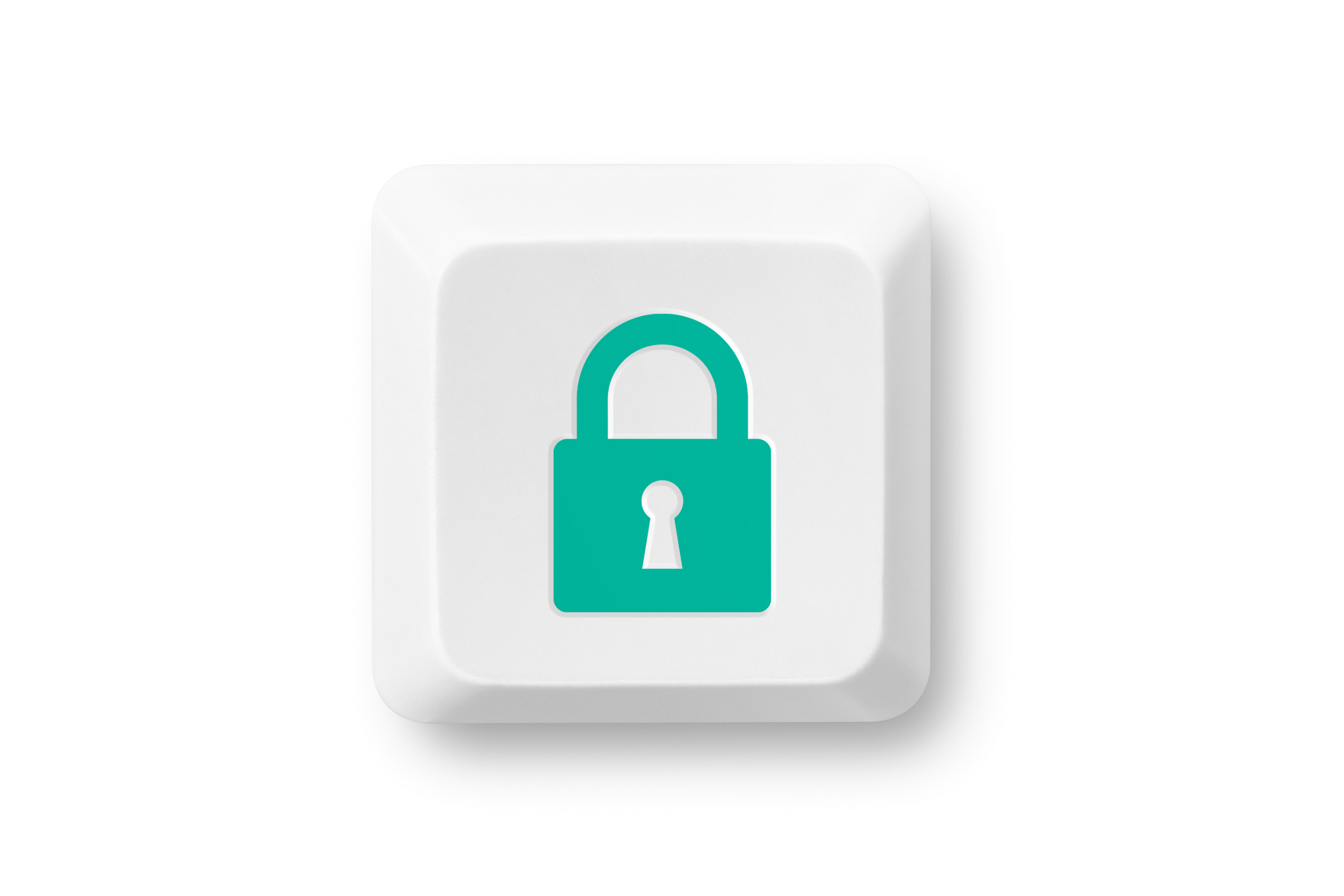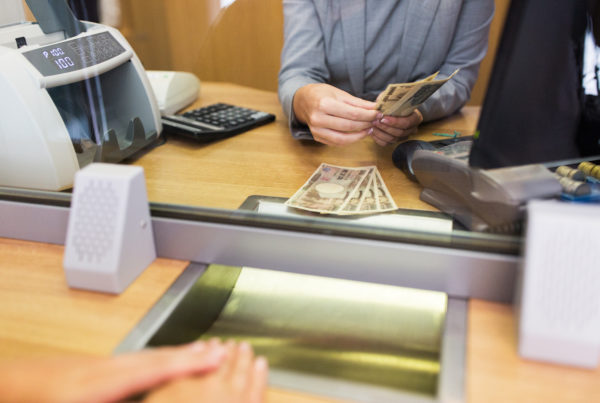Identity theft is one of the fastest growing criminal acts in the country. Why? Because it’s profitable. In 2020, the Federal Trade Commission received 4.8 million reports of identity theft and fraud. That’s an increase of 45% as 3.3 million reports were received in 2019. How can you keep your personal account information protected? Greater Niagara FCU can help.
Keep Your Personal Information Close
One of the best ways to protect all of your Greater Niagara FCU accounts is to protect your personal information. Be weary of phishing phone calls and emails asking for addresses, phone numbers, credit card numbers, checking and savings account numbers, social security numbers, etc. in exchange for free products, promotions, vacations, etc. If it sounds too good to be true, it probably is. Your personal information is just that: personal.
Coronavirus Scams
COVID-19 made it even easier for criminals to procure personal information, disguising themselves as contact tracers, inquiring about stimulus checks, robocalls for non-existent charity donations, and various other nefarious acts. Emails from websites with URLs created to look, read, and sound similar to large health organizations like the WHO and CDC were found to be common criminal activities during the 2020 coronavirus pandemic, with impersonations of medical relief professionals and healthcare officials.
These trends continue in 2021 with messaging switching from emergency health notifications to people going so far as to claiming they could get people vaccines earlier if they provided payments over the phone or through a website. One way to protect yourself from this? Screen calls from unknown numbers and don’t click on links from websites that are unfamiliar to you.
Keep a Closer Eye on Your Account Activity
Checking your Greater Niagara FCU account balances and transaction histories not only helps you stay aware of your available finances, make timely payments, and track financial goals. It’s also a great way to spot unauthorized bank activity early and prevent repeat offenders from further damaging your balances and credit score.
Monitor Your Credit
Monitoring your credit is more than watching your score go up every month. Credit reports are an easy way to stay on top of accounts that are not with Greater Niagara FCU. One of the biggest things to watch out for is the opening of a new credit line that you did not personally open. That is one of the surest signs of fraud and you should contact the credit company as soon as you notice something suspicious.
Report Any & All Suspicious Activity
If you think someone has stolen your account information or your debit card was lost or stolen, the first thing you should do is notify us. A Greater Niagara FCU representative will help you take the necessary precautions to keep your account protected, cancel your debit card if necessary, and walk you through the steps to ensure unauthorized transactions are handled appropriately.
We take the security of our Members accounts and personal information very seriously. As such, we make it as clear and easy as possible to dispute fraudulent charges and cancel lost or stolen debit or credit card. Forms to do so are made available on our website. You can also contact a Greater Niagara FCU representative either by calling one of our two Northtowns locations or submitting a message through our website.
Disputing Debit Card Transactions
In the event your Greater Niagara FCU Visa® Debit Card has been lost or stolen, and you see transactions that were made by someone other than yourself, you can dispute those charges. Using the Greater Niagara FCU Debit Card Dispute Form, you can list all of the transactions you believe to be unlawful or unauthorized. This form also represents your authorization to cancel the debit card, blocking any further account activity.
Password Design
Create strong passwords—ones that only you know. Strong passwords no longer include a mix of letters and numbers either. Mixing special characters, replacing letters with numerals, and alternating upper and lower case letters are all good practices when creating a password for your Greater Niagara FCU Home Banking account. What you don’t want to do is default to using the names of family members, spouses, or pets to keep your accounts safe. For example, “sara1234” is an extremely weak password. If you must use names, you should alter them to be more difficult to crack. For example, “sARaa30!2” is much stronger and still can be easily remembered.
Greater Tip: Create different, extremely difficult to decipher passwords for each of your online accounts, write them down, and keep them in a safe place. And in the event one of your accounts is compromised, change not just that account password, but ALL account passwords.
It’s important to keep your accounts and information secure. It’s also important that as a community, we educate one another on the potential warning signs of fraud, scams, and bad business practices. If you or someone you know has been a victim of a consumer-related crime, we encourage you to report it to the local authorities. You can also report fraud and submit a consumer complaint to the FTC.







